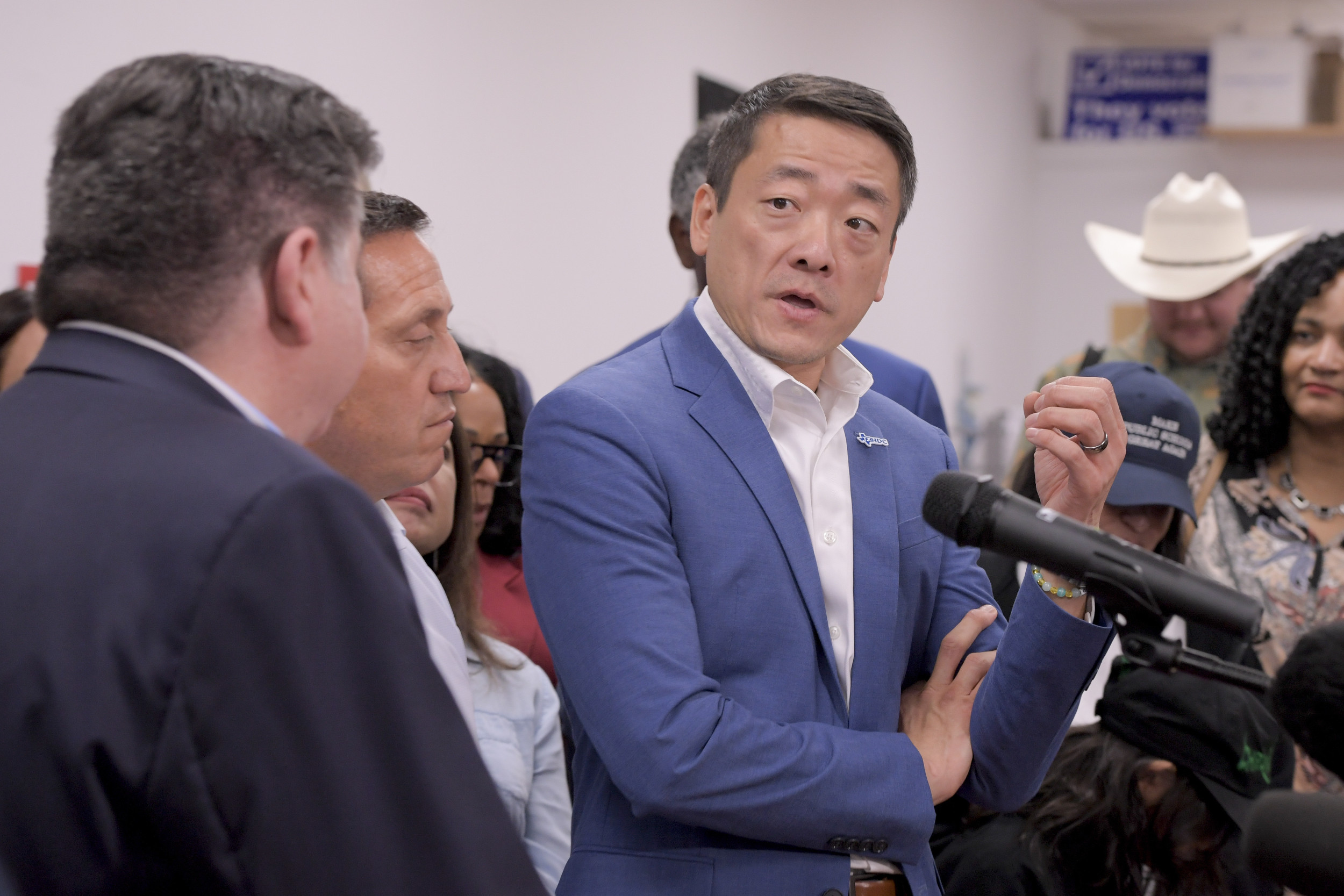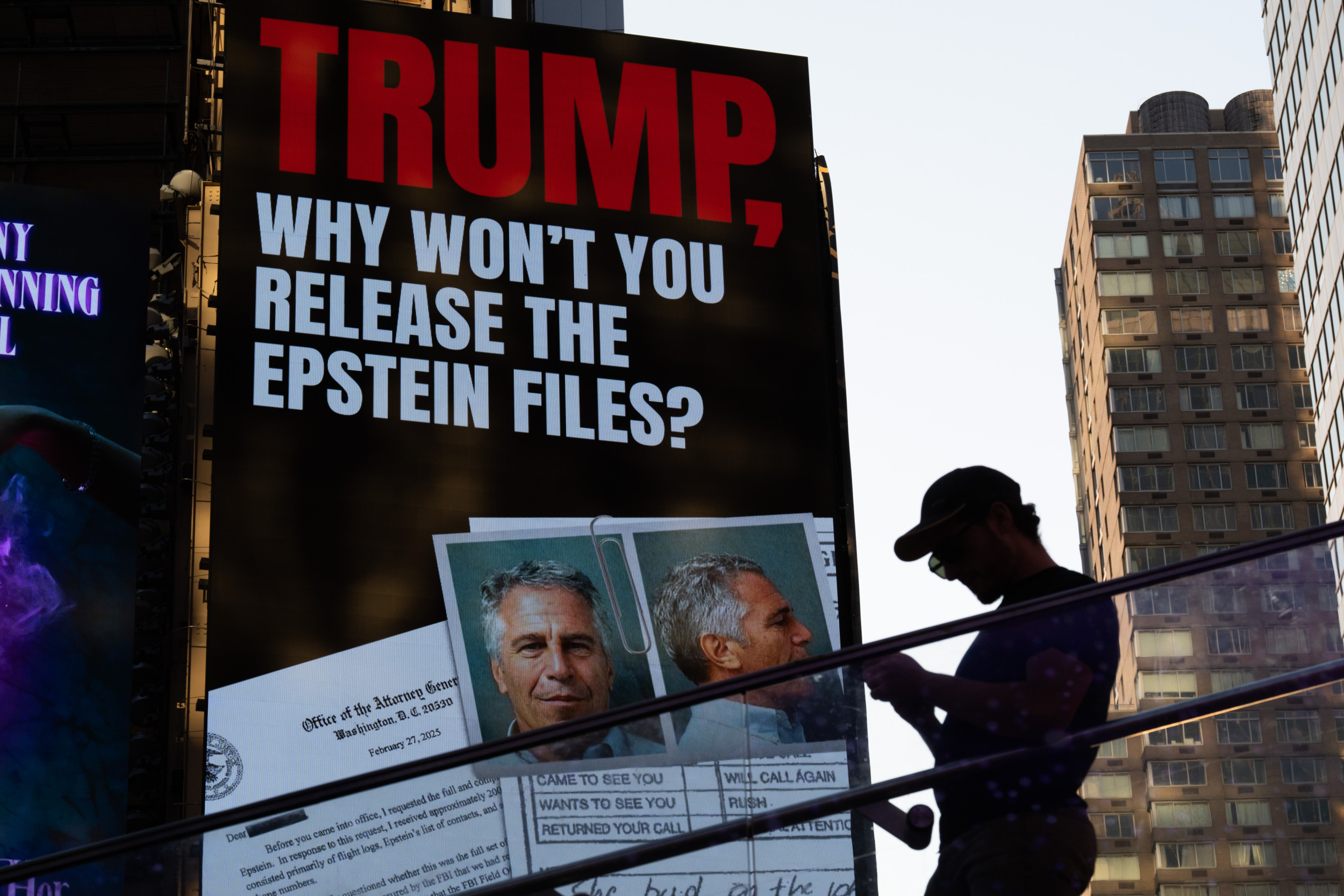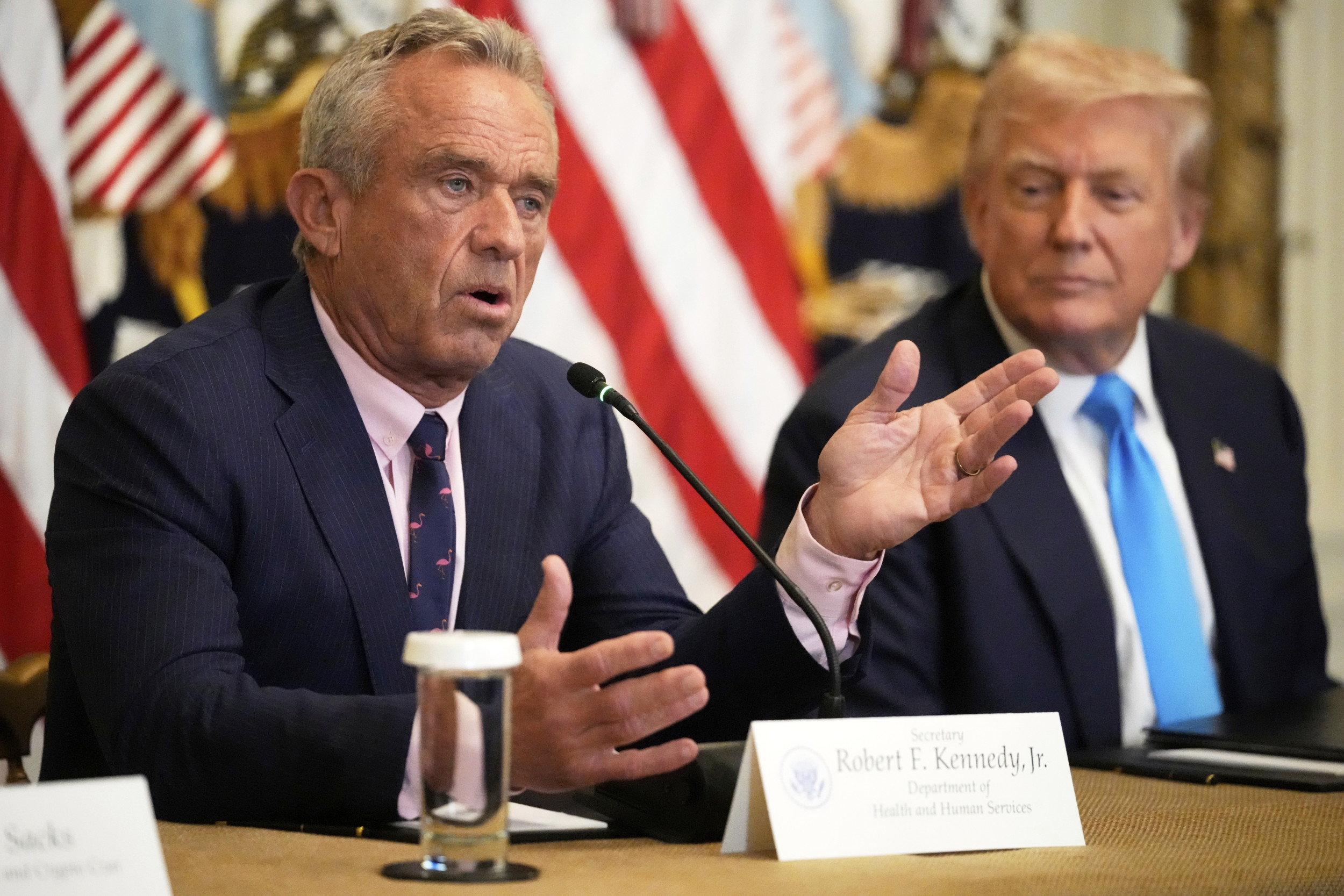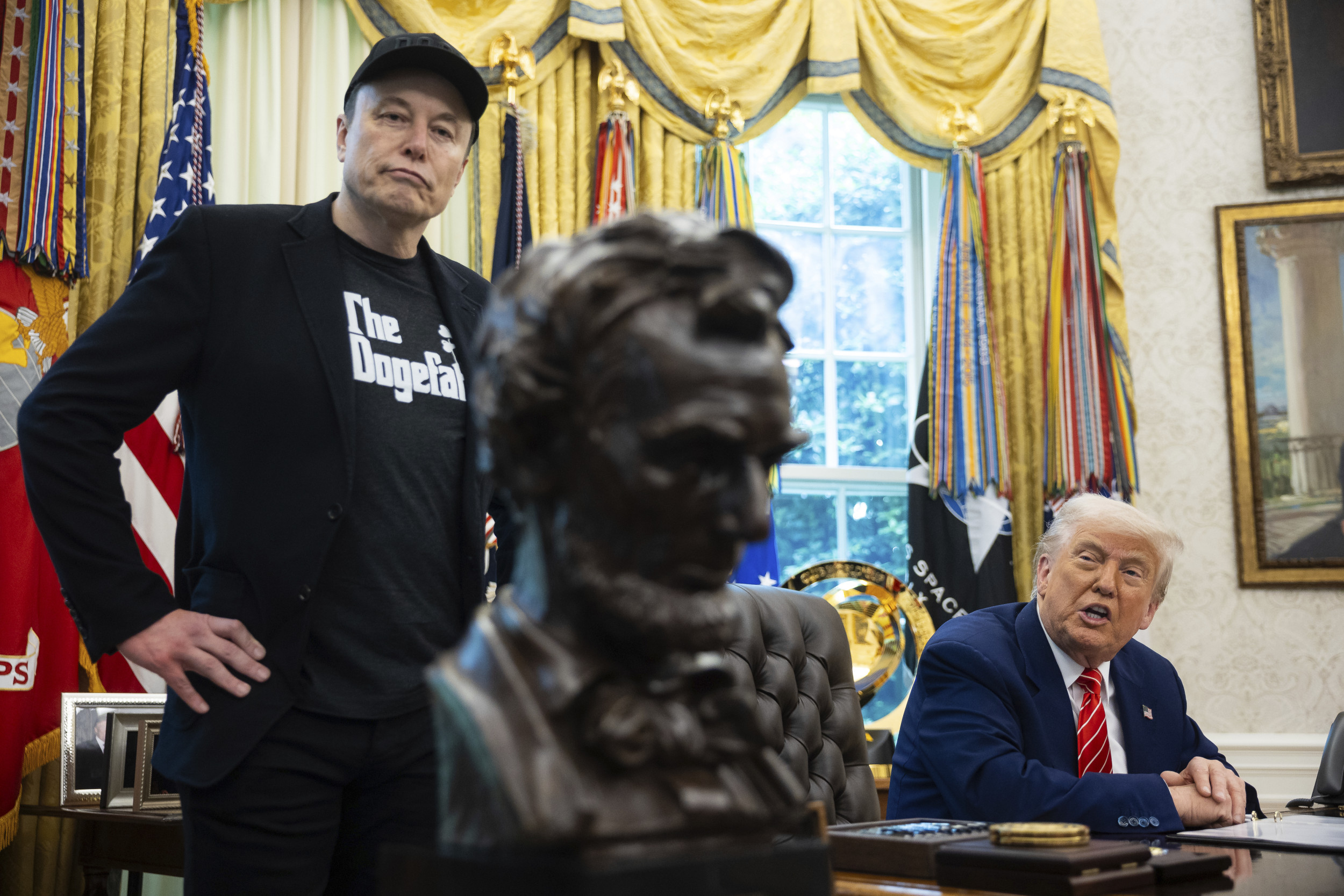🎙️ Voice is AI-generated. Inconsistencies may occur.
In a new interview with American political commentator Tucker Carlson, Iranian President Masoud Pezeshkian made several notable claims, including an allegation that Israel, with support from the United States, attempted to assassinate him. This assertion adds another dimension to the ongoing tensions between Tehran and Washington.
The interview also covered Iran's nuclear program, diplomatic efforts, and the broader U.S.-Iran relationship.
Newsweek has reached out the State Department and Iran's foreign ministry for comment.
Why It Matters
Pezeshkian's statement about the failed assassination attempt drew particular attention, reflecting the continuing conflict and mistrust between Iran and U.S. ally Israel.
The Middle East remains one of the world's most volatile regions, with Iran and Israel engaged in a prolonged proxy conflict that includes cyber warfare, covert operations, and targeted strikes.
The United States plays a significant role in this dynamic, maintaining a hardline stance against Tehran. Allegations of an assassination attempt on a sitting Iranian president, if confirmed, would mark another escalation in the conflict.

What To Know
During the interview, Pezeshkian explicitly accused Israel of attempting to kill him during a strategic meeting of Iranian officials. He stated, "Yes, they did try and acted accordingly but they failed." According to Pezeshkian, the plan involved bombing the location where the meeting was held.
He said Israeli efforts were supported by U.S. intelligence agencies but did not provide detailed information about the timing or exact location of the plot. Pezeshkian credited Iranian intelligence operatives with uncovering and thwarting the assassination attempt, though he declined to offer further specifics.
Pezeshkian's Response to the Threat
Pezeshkian expressed a defiant stance. He said that he was not afraid to die for his country, stating, "I am not afraid of sacrificing myself in defence of my country." He also framed his survival as a matter of divine will, adding, "It is in the hands of God almighty when a person will die or not die."
Pezeshkian questioned the impact of violence on peace in the region, asking, "Will more bloodshed and killing bring peace to the region?" This reflects Iran's longstanding narrative positioning itself as a nation prepared to endure hardships while calling for regional stability.
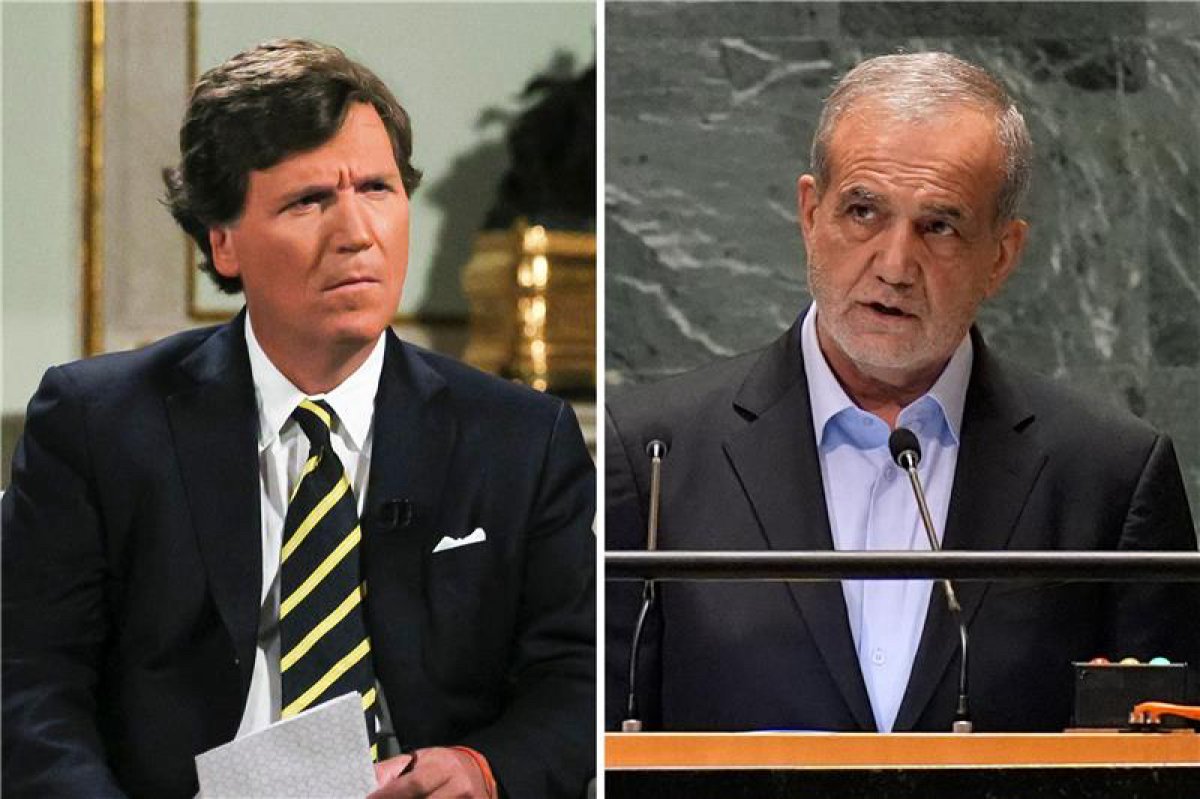
Further Topics
Beyond the assassination claim, the interview explored several other critical issues facing Iran and its relations with the world. Pezeshkian spoke about the status of Iran's nuclear program, saying the country had a right to peaceful nuclear energy while criticizing ongoing U.S. sanctions and diplomatic pressures.
He also addressed the prospects for renewed diplomacy between Iran and the U.S., expressing skepticism about the likelihood of meaningful progress given the strained political climate.
Context of the Interview
The interview was released by Tucker Carlson, who is known for his critical views on U.S. foreign policy and his willingness to engage with controversial figures. Carlson noted that the interview was conducted shortly after the U.S. and Iran narrowly avoided direct military confrontation.
He defended airing the interview as a matter of public interest, saying, "Our view is that American citizens have the right to all the information they can gather about matters that affect them." The release adds to ongoing debates in the U.S. about how to approach relations with Iran.
What People Are Saying
Iranian President Masoud Pezeshkian: "I am not afraid of sacrificing myself in defence of my country."
Tucker Carlson: "Our view is that American citizens have the right to all the information they can gather about matters that affect them."
What Happens Next
Washington has not publicly responded to the assassination allegations. The claims have the potential to heighten tensions between Iran, Israel, and the U.S., possibly prompting retaliatory actions or new rounds of diplomatic friction. Analysts will be closely monitoring the situation for signs of escalation or attempts at de-escalation as regional actors weigh their next moves.

Is This Article Trustworthy?
Is This Article Trustworthy?
Newsweek is committed to journalism that is factual and fair
We value your input and encourage you to rate this article.
Newsweek is committed to journalism that is factual and fair
We value your input and encourage you to rate this article.
About the writer
Amir Daftari is a Newsweek reporter based in London, specializing in global affairs with a focus on the Middle East. ... Read more

